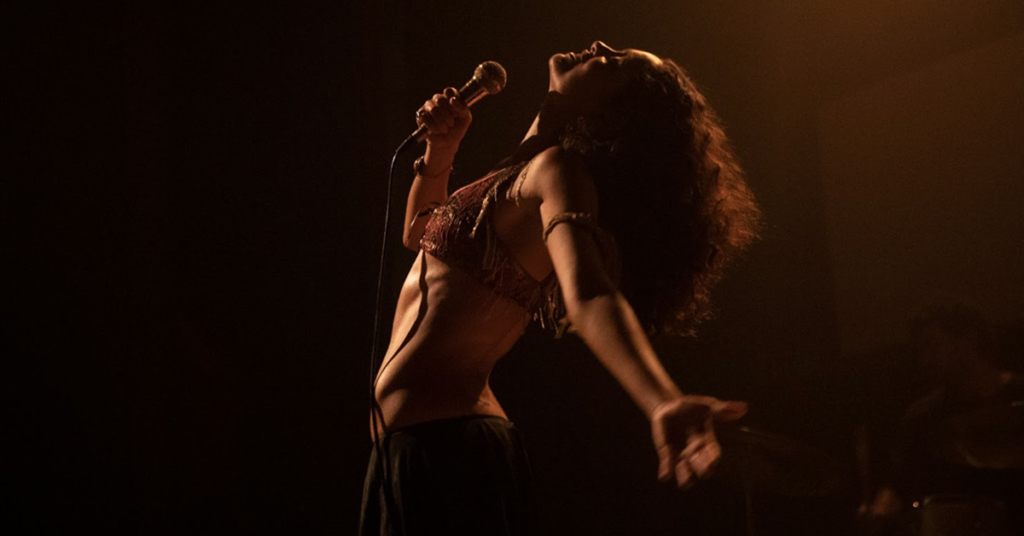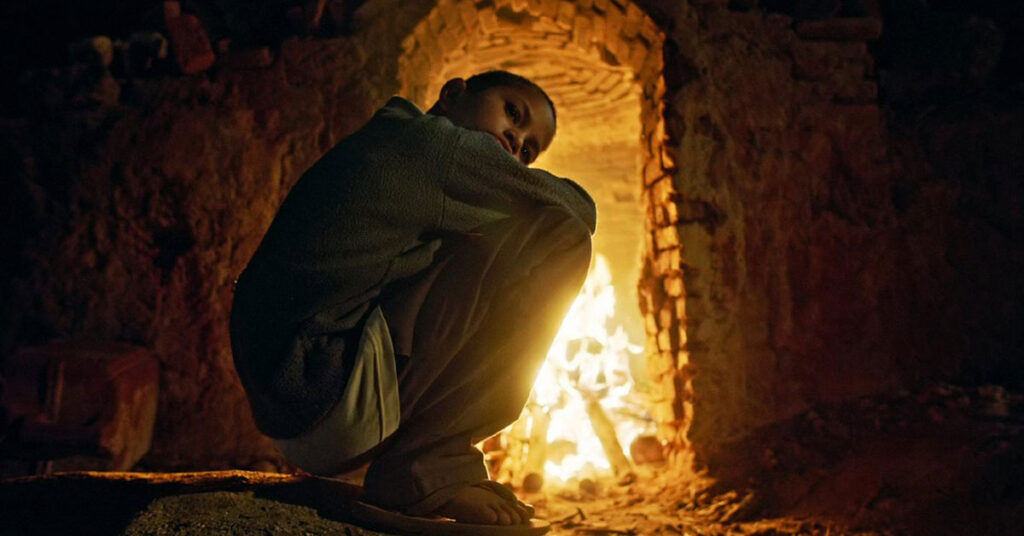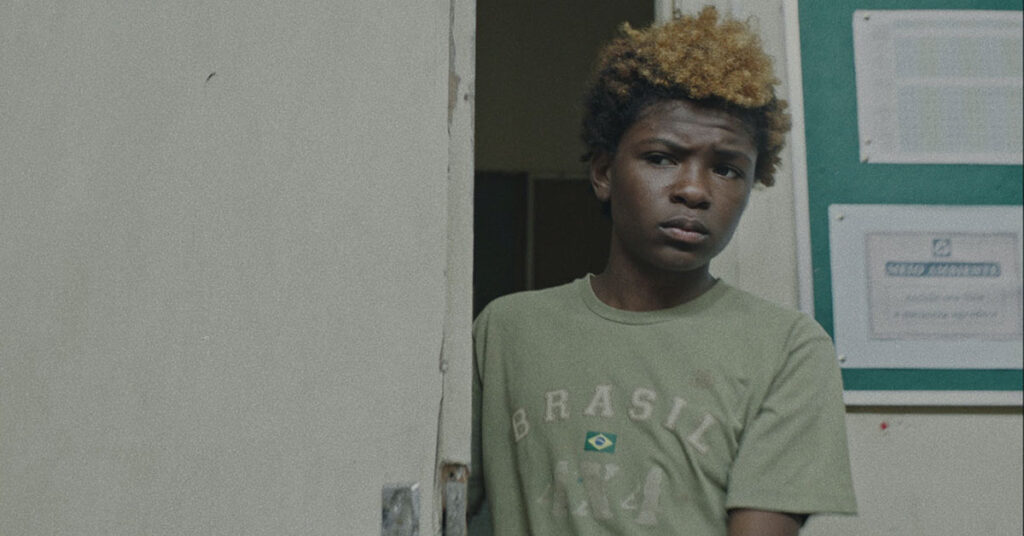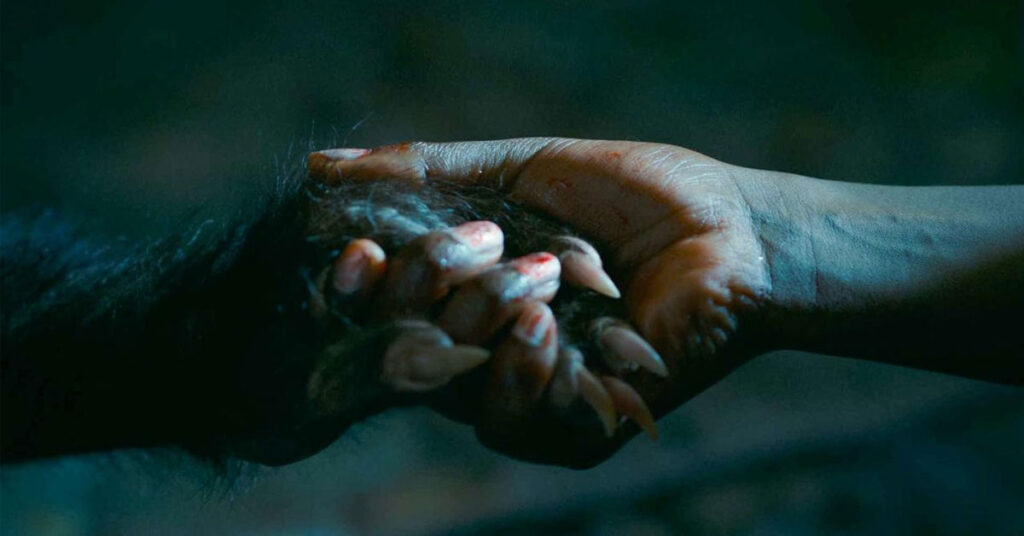Sinopsys
A film about the Bahian singer dives into the moment when shy Gracinha becomes Gal Costa, during the violent, innovative and mind-blowing years that helped shape Brazil’s greatest singer.
Where to watch My Name is Gal
Depicting an entire life in a movie is a difficult task, which is perhaps why some biopics can seem rushed. The decision made by directors Dandara Ferreira and Lô Politi to tell Gal Costa’s story during a specific time period (the film takes place between 1967 and 1971) is a wise one, focusing on a pivotal period in her personal and artistic development.
There is little about Gal’s childhood or youth, such as a brief scene that is repeated at another point in the movie in which the artist, as a child, listens to her own voice in a metallic bowl, concisely portraying the way she came to understand herself as a person based on her talent. By not overusing moments from that period, these small flashbacks strengthen the film, giving it a reason beyond chronology to be there.
The military dictatorship and the formation of Tropicália go hand in hand with the start and success of the singer’s career. The result is a phase in which fear, discovery and confrontation also alternated, transforming being and doing into courageously combative attitudes.
The archive footage is skillfully used by the editors Eduardo Serrano and Eduardo Gripa, who were able to integrate it into the logic of the narrative and, at the same time, make it collaborate in time transitions effectively, thus contributing to the sense of urgency at the time.
Sophie Charlotte’s (River of Desire, 2022) devoted preparation with the role of Gal is remarkable, a character development that can be seen in every gesture that reveals an unspoken thought. Her co-stars Luis Lobianco (who plays the manager Guilherme Araújo) and Camila Márdila (who plays Dedé Veloso) are equally precise in their constructions and the movie builds on their interactions. The screen time helps Rodrigo Lelis (playing Caetano Veloso) and Dan Ferreira (in the role of Gilberto Gil) show a lot of the Caetano and Gil they have researched. Many other contemporary and fundamental artists of Brazilian music inhabit the film and contextualize the cultural turmoil of that moment.
The film is a gift for those who already know and celebrate the life and work of one of the greatest Brazilian singers of all time, and can also reach those who know little or have not yet had the opportunity to hear her music. It also presents an essential time period for understanding Brazil, focusing on how artists played a key role in resisting one of the harshest moments in its history.
Why we recommend it
Sophie Charlotte’s dedication to building Gal is apparent, something even more special when we take into account that she was in touch with the singer (who died in 2022) during the preparation. The time frame in which the movie takes place is precise and shows an essential period to understand Brazil.
Credits
- Runtime: 120 min
- Brazilian release year: 2023
- Country: Brasil
- Production Companies: Paris Entretenimento e Dramática Filmes / Co-production: Globo Filmes, Telecine e California Filmes
- Distribuitor: Paris Filmes / Codistribution: SPCINE, Secretaria Municipal de Cultura
- Director: Dandara Ferreira e Lô Politi
- Writers: Lô Politi, Maíra Buhler e Mirna Nogueira
- Producers: Marcio Fraccaroli, Lô Politi, André Fraccaroli, Veronica Stumpf
- Executive Producers: Jatir Eiró, UPEX, Mariana Marcondes
- Associated Producers: Wilma Petrillo, Dandara Ferreira e Jorge Furtado
- Cast: Sophie Charlotte, Rodrigo Lellis, Camila Mardila, Luis Lobianco, Dan Ferreira, Dandara Ferreira, Chica Carelli, George Sauma, Pedro Meirelles, Caio Scot e Barroso
- Cinematography: Pedro Sotero, ABC
- Production Design: Juliana Lobo, Thales Junqueira
- Costume Design: Gabriella Marra
- Make-up: Tayce Vale
- Sound: Abrão César
- Sound Design: Beto Ferraz
- Mixing: Toco Cerqueira
- Soundtrack: Otavio de Moraes
- Editing: Eduardo Gripa and Eduardo Serrano





